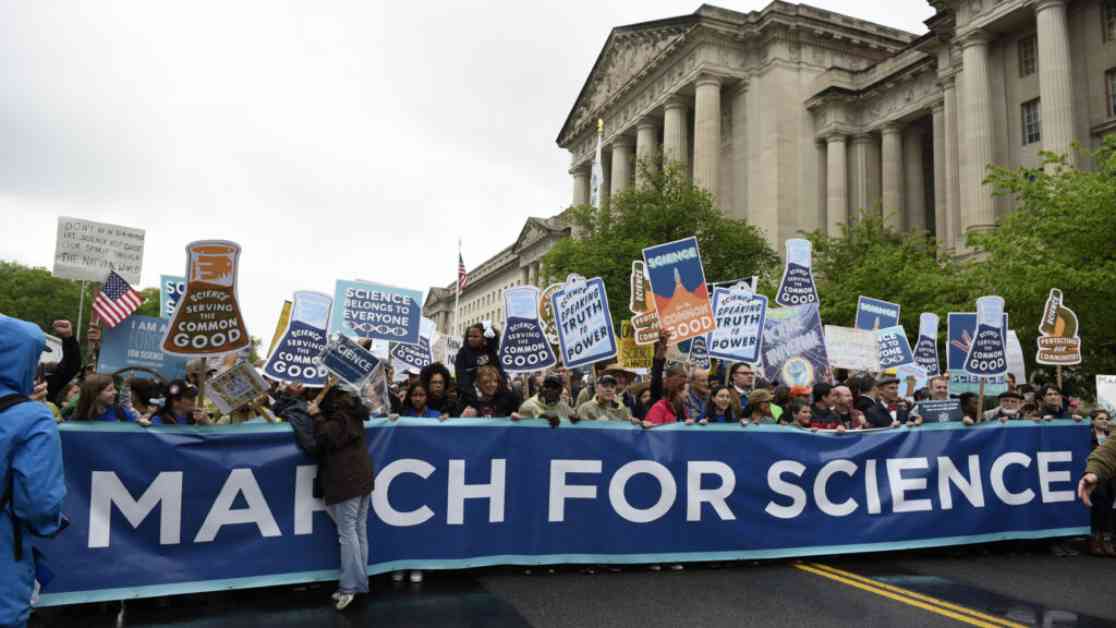Donald Trump’s presidency has brought about a shift in the relationship between scientists and presidential elections in the United States. Following his election in 2016, there was a surge in public engagement with science, exemplified by events like the March for Science. In the 2020 election season, notable scientific journals such as Nature and The Lancet Oncology took the unprecedented step of endorsing a candidate for the first time in their histories.
As the current election season unfolds, the landscape for scientists and scientific journals has evolved. The prominence of Covid-19 as a central issue in the election has waned, and public trust in science has seen a decline since 2020. Experts and scientific journal editors have been deliberating on the role of science in politics, particularly in light of the potential consequences of the election on health-related issues such as abortion, the opioid crisis, and global health policy. There are growing concerns within the scientific community about the impact of engaging in partisan politics on the credibility of scientific institutions.
Journal Science made a deliberate choice not to endorse a candidate due to its nonprofit status, which restricts its involvement in political campaigns. The editor-in-chief emphasized the journal’s commitment to presenting factual information that allows readers to form their own opinions. On the other hand, Nature decided to endorse a candidate in 2020, emphasizing the importance of evidence-based policymaking and the government’s openness to scientific advice.
The decision by scientific journals to endorse candidates has sparked debates within the scientific community. Scholars have expressed concerns about the potential consequences of aligning science with partisan politics, as it risks undermining the perceived neutrality and credibility of scientific institutions. The decline in public trust in science, particularly among conservatives, has been exacerbated by the politicization of issues like Covid-19 response measures.
The partisan divide on scientific issues is a pressing concern, especially as scientists and healthcare workers are traditionally among the most trusted groups in society. Maintaining the perception of science as an objective and neutral entity is crucial for upholding its credibility and influence in public discourse. If scientific journal endorsements contribute to a further erosion of trust in the scientific community, there may be significant implications for the ability of scientists to engage in political discussions effectively.
In an era where trust in institutions is declining across the board, preserving the non-partisan nature of science is vital for sustaining public confidence in scientific expertise. The potential consequences of science aligning with partisan viewpoints could have far-reaching implications for the role of science in informing policy decisions and public discourse. As the intersection of science, journals, and politics continues to evolve, maintaining the integrity and credibility of scientific institutions remains a central challenge for the scientific community.

















